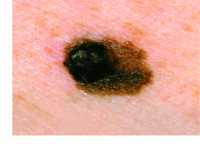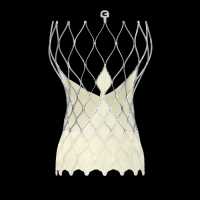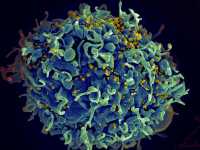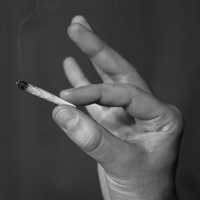Author Interviews, Immunotherapy, Multiple Sclerosis / 27.11.2018
Multiple Sclerosis: T Cell Immunotherapy Targeting EBV Infected Cells Shows Promise
MedicalResearch.com Interview with:
Dietmar P. Berger, MD, PhD
Head of Global R&D
Atara Biotherapeutic
MedicalResearch.com: What is the background for this study?
Response: Epstein-Barr virus (EBV) is present in B lymphocytes, plasma cells and epithelial cells of over 95% of individuals over the age of 40. Multiple studies have shown that nearly all patients with Multiple Sclerosis (MS) are EBV positive, including a recent presentation at the 2018 ECTRIMS Congress in Berlin that showed 100% of MS patients are positive for EBV (Ruprecht et. al). Current B cell directed therapies such as anti-CD20 therapies have demonstrated an effect on Multiple Sclerosis activity. These therapies work by depleting B cells including those infected by EBV.
Our belief is that loss of EBV-specific T cell function (e.g., T cell exhaustion) occurs in patients who develop Multiple Sclerosis, which results in the accumulation of EBV infected B and plasma cells in the CNS leading to the autoreactive immune cycle seen in MS patients. The increasing evidence of a link between EBV infection and the development of MS led to the initiation of a Phase 1 study to investigate the use of an autologous T-cell immunotherapy (ATA190) to selectively target and deplete EBV infected cells in patients with progressive MS.
As T cell immunotherapies (like ATA190) are designed to penetrate the central nervous system, this approach was felt to be particularly useful in Multiple Sclerosis where the inflammatory response and infected B lymphocytes and plasma cells are inaccessible inside the CNS to the vast majority of classic targeted agents.
(more…)






























